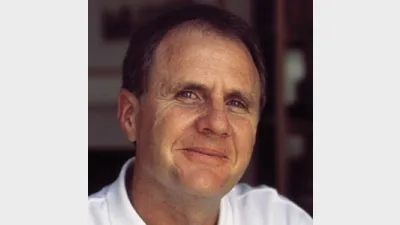Funds head towards strong end to calendar year



Super funds had a strong month in October, with the median growth fund (61 to 80 per cent allocation to growth assets) jumping 1.8 per cent, Chant West research showed.
This brings the return over the first four months of the current financial year to 6.8 per cent. This follows a 15.6 per cent return for the 2012/13 financial year, the highest single-year return since 1997.
"The typical long-term return objective for growth funds is to exceed inflation plus 3.5 per cent per annum over rolling five years, which translates to a return of about 6.5 per cent," Chant West director Warren Chant said.
"The strong performance over the past 18 months, coupled with the GFC-period continuing to work its way out of the five-year return, has seen the median growth fund's return over this period rise quite markedly."
Chant West conducted a multi-manager survey, in categories such as all growth, high growth, growth, balanced and conservative. It looked at returns in one year, three years, five years, seven years and 10 years.
The one-year and three-year returns showed the strong performance of listed shares and property, so the more aggressive fund categories — which have a higher proportion invested in those assets — produced the best performance.
The five-year returns showed significant improvements in the recent months but the "GFC effect" continues to bog down seven-year returns.
Share markets performed well in October, with Australian shares returning 3.9 per cent.
"Domestically, the RBA kept rates on hold at 2.5 per cent at its November meeting. While most recent economic data released has been upbeat, it's too soon to know whether this improvement is sustainable," Chant said.
Recommended for you
Australia’s largest super funds have deepened private markets exposure, scaled internal investment capability, and balanced liquidity as competition and consolidation intensify.
The ATO has revealed nearly $19 billion in lost and unclaimed super, urging over 7 million Australians to reclaim their savings.
The industry super fund has launched a new digital experience designed to make retirement preparation simpler and more personalised for its members.
A hold in the cash rate during the upcoming November monetary policy meeting appears to now be a certainty off the back of skyrocketing inflation during the September quarter.









